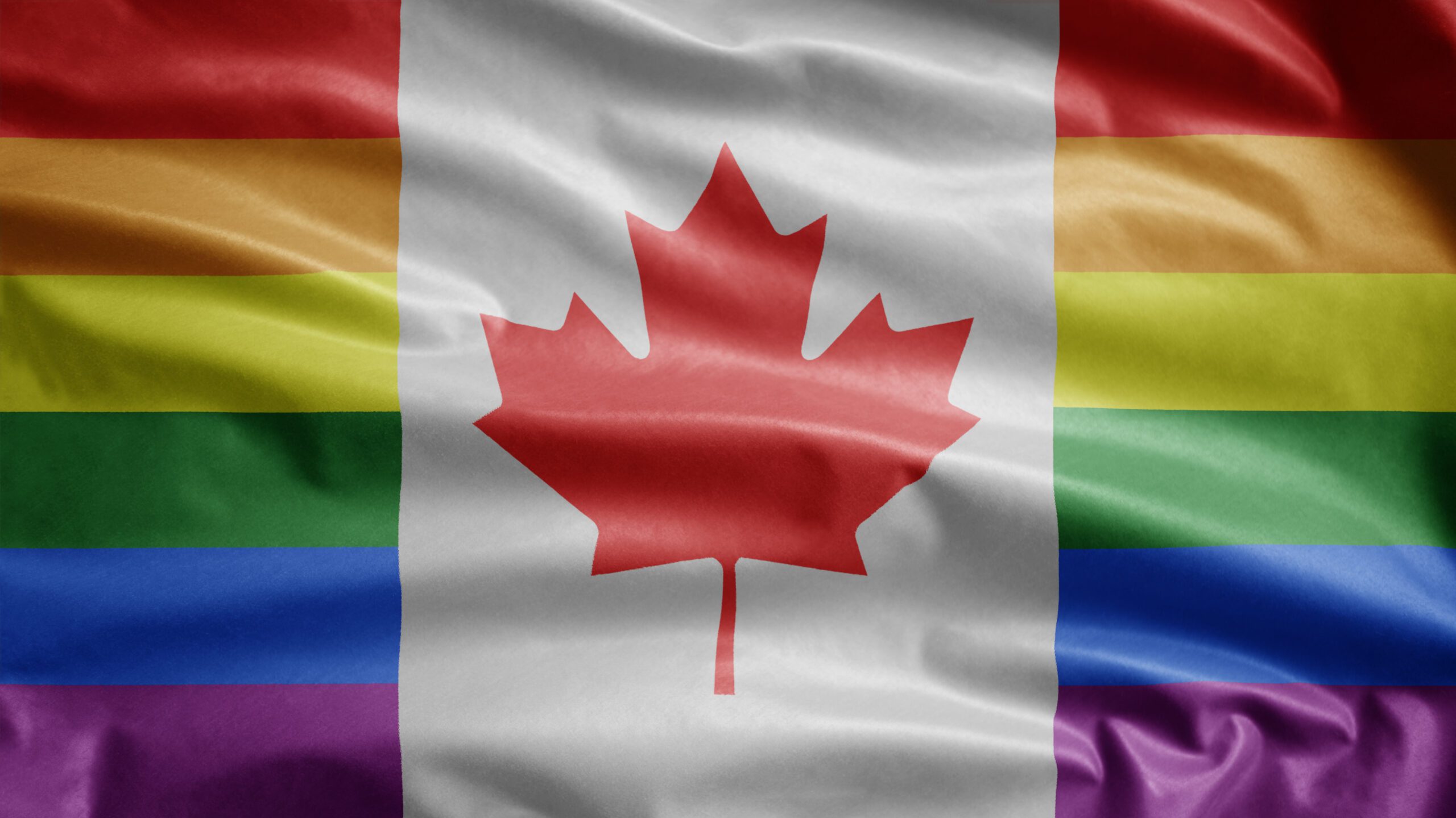Canada’s Justice System: An Overview
Introduction
The justice system in Canada is a vital pillar of society, designed to uphold the rights and freedoms of all citizens. Through law enforcement, the courts, and various legal institutions, the system strives to ensure justice is served fairly and efficiently. In this article, we will examine the history, structure, and key institutions of Canada’s justice system, along with some of the challenges it faces today.
History of the Canadian Justice System
The roots of the Canadian justice system trace back to British common law, which was introduced during Canada’s colonial era. Over time, this legal framework evolved to suit the unique needs and values of Canada, reflecting the country’s democratic principles. Canada’s constitution divides legal powers between the federal government and provincial governments, each responsible for certain aspects of the justice system.
Fundamental Principles
Canada’s justice system is grounded in fundamental legal principles such as due process, legal equality, and the presumption of innocence. According to Canadian law, every person is presumed innocent until proven guilty. This ensures that individuals are treated fairly and their legal rights are protected.
One symbolic representation of justice in Canada is the Lady Justice statue at the Vancouver Law Courts. Depicting a blindfolded figure holding the Scales of Justice, it symbolizes the impartial and fair application of laws without bias or prejudice.
Key Elements of the Justice System
1. Law and Enforcement
The Canadian justice system operates under a body of laws that govern the country. These laws, created by elected officials, are enforced by law enforcement agencies, primarily the police. The aim of these laws is to maintain order, uphold citizens’ rights, and provide a peaceful mechanism for resolving conflicts.
Enforcement of laws is critical, and agencies like the Royal Canadian Mounted Police (RCMP) and various provincial and municipal police forces play a central role in ensuring compliance. For example, the RCMP works to uphold federal laws and acts as provincial police in all regions of Canada except Ontario and Quebec.
2. The Courts
The Supreme Court of Canada is the highest judicial body in the country. It serves as the final court of appeal for all legal matters in Canada. The Federal Court handles cases involving the federal government. In addition to the Supreme Court, most provinces have various courts, including:
- Trial Courts (e.g., Court of Queen’s Bench)
- Appeal Courts
- Provincial Courts (for minor offenses, family matters, and small claims)
- Specialized Courts such as family courts, traffic courts, and small claims tribunals.
These courts work together to resolve disputes and ensure justice is administered fairly.
3. The Police
The role of the police in Canada is to enforce laws, protect public safety, and investigate crimes. Police forces are available to respond to various situations, including accidents, thefts, assaults, and emergencies. Canada has several police agencies, each with specific responsibilities:
- Municipal Police: Serve individual cities or municipalities.
- Provincial Police: In Ontario and Quebec, specific police forces handle provincial jurisdiction.
- Royal Canadian Mounted Police (RCMP): Acts as a federal police force and as provincial police in all regions of Canada except Ontario and Quebec.
Police officers are entrusted with enforcing the law, maintaining public safety, and supporting the community. If you need assistance or wish to file a complaint, Canadian police departments typically have formal procedures to address any issues or concerns with their conduct.
The Role of Due Process
Due process is a cornerstone of Canada’s justice system. It ensures that individuals are treated fairly and are granted all the legal rights they are entitled to in criminal, civil, or administrative proceedings. From the police to the courts, Canada’s justice system is designed to provide a fair, transparent, and impartial legal process for all Canadians, regardless of background or circumstances.
Challenges Facing the Justice System
While the Canadian justice system strives for fairness, it faces several challenges, such as:
- Overcrowded Courts: The backlog of cases can cause delays in legal proceedings, leading to lengthy trials and prolonged periods for victims and defendants.
- Access to Justice: There are concerns about access to justice for marginalized communities, especially in remote or low-income areas, where legal resources may be scarce.
- Indigenous Justice: The treatment of Indigenous peoples within the justice system remains a significant issue, with concerns about disproportionate incarceration rates and systemic biases.
